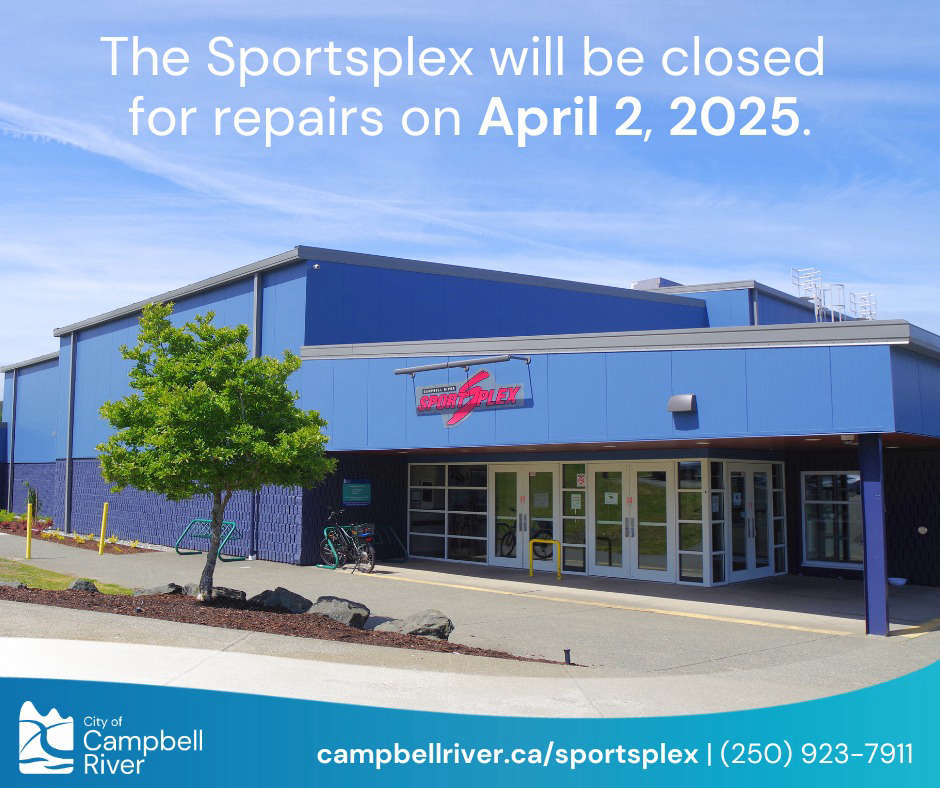
The Province says it is taking action to improve care for a growing population with overlapping mental-health and addiction challenges and brain injuries from toxic-drug poisonings.
The Province says it is taking action to improve care for a growing population with overlapping mental-health and addiction challenges and brain injuries from toxic-drug poisonings.
It has appointed a chief scientific advisor to develop solutions to address their unique needs.
Dr. Daniel Vigo will be B.C.’s chief scientific advisor for psychiatry, toxic drugs and concurrent disorders. Vigo will work across disciplines to tap into a breadth of experience and expertise in the province with the goal of improving care for this group of patients. He will also work closely with the provincial health officer, health authorities, Indigenous partners and people with lived experience to analyze existing mental-health and addictions treatment services in B.C., review data and best practices, and look to other jurisdictions for proven solutions that can be implemented in B.C.
“As the toxic-drug crisis changes, we’re facing new challenges and grappling with a growing group of people who are very sick and struggling in our streets and emergency rooms. The current situation is not working for these people and it’s not working for our communities,” said Premier David Eby.
Vigo will provide ongoing advice on how to improve care for this new, growing group of patients who are living with a combination of severe mental-health and addictions challenges and brain injuries. People with such conditions often face extreme challenges that impact their ability to make rational decisions about self-care and accessing services.
The province says an increasing number of people have acquired brain injuries after overdosing on synthetic opioids. Some may also have injuries from repeated toxic-drug poisonings. Their symptoms of psychosis and other behavioural challenges can impact their own safety, as well as the safety of others.
“There’s an extremely high prevalence of brain injury in overdose survivors. In fact, at its most severe, half survivors die in the immediate future and another third in the near future,” Vigo said.

 Filberg Park Awarded Special Accreditation
Filberg Park Awarded Special Accreditation
 Sportsplex Closed Wednesday For Repairs
Sportsplex Closed Wednesday For Repairs
 St. Ann’s Road Closure Today
St. Ann’s Road Closure Today
 Strathcona Regional District Approves 2025-2029 Financial Plan
Strathcona Regional District Approves 2025-2029 Financial Plan
 Comox Valley Talks Recreation
Comox Valley Talks Recreation
